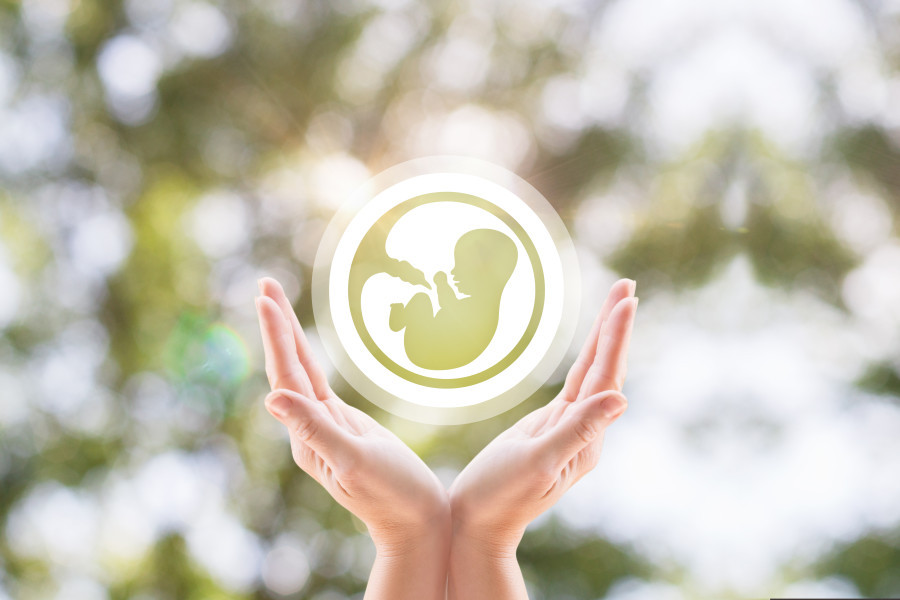Health
Frozen sperm way out for Nepali couples living apart
As the exodus of male youths has given rise to infertility issues, some couples are banking sperm to conceive.
Arjun Poudel
When news spread through the village that a woman in her mid-30s was pregnant, so did rumours. Her husband, who is in his early 40s, had been abroad for work for over 18 months. Little would the rumour-mongers know that the woman was pregnant with the sperm of her own husband, who had reserved his semen at a sperm bank before he left for work.
“We froze the deposited semen in our hospital’s sperm bank,” said Dr Shree Prasad Adhikari, director at the Thapathali-based Paropakar Maternity and Women’s Hospital, which has one of the few sperm banks in Kathmandu. “The woman has been pregnant for three months.”
More and more Nepalis moving abroad for work has given rise to infertility problems, experts say. Some people who do not get to stay with their spouse for long have of late started using sperm banks, according to doctors.
Paropakar Hospital officials said that at least two women whose husbands had been abroad for over a year are currently pregnant with the sperm their husbands deposited in the hospital’s sperm bank. The bank currently reserves sperm deposited by around a dozen people, they said.
Experts say even if sperm banking is on the rise, it is not a solution to the problem of infertility.
“Our country is facing a fertility crisis,” said Dr Bhola Rijal, a senior gynaecologist. “Around 80 percent of women who visit my fertility clinic have infertility problems and in most cases, husbands of the women are either in the Gulf or have worked there for long periods.”
Doctors say that continuous exposure to heat, use of cigarettes, alcohol and tobacco, stress, and harsh living conditions are the reasons for the decline in sperm count among Nepali men. Apart from that, delayed marriage, and separation of the couple for a long time, rise in non-communicable diseases, among others, have fueled serious infertility problems, which are overlooked by all agencies concerned, according to doctors.
In one instance, a woman’s husband, who worked in Saudi Arabia, had come home on a vacation for a month but his wife did not get pregnant during his stay. Concerned, the man consulted the doctors, who advised him to freeze sperm, which helped his wife conceive after around a year and a half.
“The media can convince people that one can get pregnant by her husband’s sperm even if he is not at home for months or years,” said Adhikari, the hospital director. “And sperm banking is the solution.”
The doctor at the hospital who convinced the man to freeze sperm and his wife to keep trying to conceive said that the couple was worried about infertility. He said there is no guarantee that a woman would get pregnant in a month’s stay with her husband.
Rijal, the gynaecologist, said that several factors including age, hormonal imbalances, weight, and non-communicable diseases prevent women from getting pregnant. “Infertility has of late become a common story of many households,” he said. “But sperm banking alone is not the solution.”




 22.68°C Kathmandu
22.68°C Kathmandu















